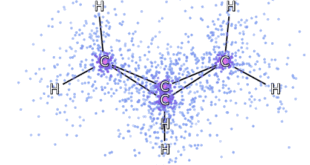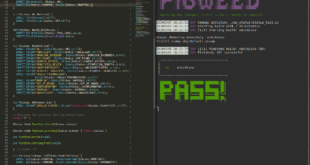In September, Alphabet’s DeepMind published a paper in the journal Physical Review Research detailing Fermionic Neural Network (FermiNet), a new neural network architecture that’s well-suited to modeling the quantum state of large collections of electrons. The FermiNet, which DeepMind claims is one of the first demonstrations of AI for computing …
Read More »Google open-sources AI that searches tables to answer natural language questions
Google today open-sourced a machine learning model that can point to answers to natural language questions (for example, “Which wrestler had the most number of reigns?”) in spreadsheets and databases. The model’s creators claim it’s capable of finding even answers spread across cells or that might require aggregating multiple cells. …
Read More »Huawei open-sources MindSpore, a framework for AI app development
Huawei this week announced that MindSpore, a framework for AI app development that the company detailed in August 2019, is now available in open source on GitHub and Gitee. The lightweight suite is akin to Google’s TensorFlow and Facebook’s PyTorch, and it scales across devices, edge, and cloud environments, ostensibly …
Read More »Google open-sources Pigweed, a collection of microcontroller modules for device developers
Google today open-sourced Pigweed, a collection of microcontroller modules designed for developers using 32-bit devices. They’re intended to enable faster and more reliable development on microcontrollers — i.e., the small computers embedded within single circuit chips. Assuming it works as advertised, Pigweed could accelerate the development of hardware in a …
Read More »Google AI open-sources EfficientDet for state-of-the-art object detection
Members of the Google Brain team and Google AI this week open-sourced EfficientDet, an AI tool that achieves state-of-the-art object detection while using less compute. Creators of the system say it also achieves faster performance when used with CPUs or GPUs than other popular objection detection models like YOLO or …
Read More »



